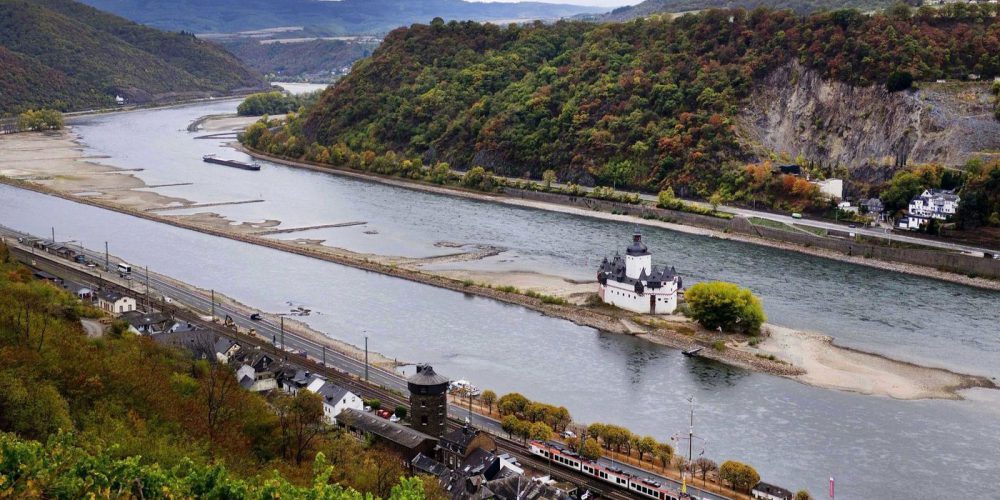Climate: what are we to expect in the future

The northern hemisphere has experienced a record-breaking summer, with extreme temperatures sparking wildfires, baking landscapes and triggering disruption and devastation across four continents.
Scientists have long warned that these intense heatwaves will become more common as the planet is warmed through greenhouse gas emissions.
As temperature records continue to tumble in countries across the world, the question remains: are we really experiencing normal life under climate change, and is there anything we can do about it?
What are we to expect in the future?
Directly attributing heatwaves to climate change is tricky, but experts are broadly in agreement that heatwaves will increase in both severity and number during the coming years.
“No one should be in the slightest surprised that we’re seeing very serious heatwaves and associated impacts in many parts of the world,” explained Professor Rowan Sutton, a climate scientist at the University of Reading.
“An increase in the frequency and severity of heatwaves has been a robust prediction of climate change science for decades.”
Since Britain’s record breaking heatwave in 1976, there have been four others that have rivalled it in magnitude – in 1995, 2003, 2006 and now 2018. The world has on average warmed by around 1C since the 19th century, and this is not expected to stop as long as nations continue emitting greenhouse gases into the atmosphere.
“Warming will continue and there will many more heatwaves, some with greater severity than those occurring now, in the decades to come,” said Prof Sutton.
Does that mean all of our summers are going to be dry?
No. In fact, some summers will be far more wet.
In fact, following the heatwaves of the early 2000s, the UK experienced a spell of extremely wet summers.
“That cooled off – literally – people’s expectations about what climate change might mean for British summers,” said Simon Lee, a meteorology graduate student at the University of Reading.
“But that in itself was potentially a climate change impact because it was the jet stream getting stuck in an unusual pattern – and instead of a pattern bringing hot and dry weather to the UK, it was bringing cold and wet weather.”
“The expectation is … we will see some summers like this – very dry and extremely hot – and other summers will be a complete washout to an unprecedented level, and what will be lacking is any kind of middle ground.”
There are so many factors that influence global weather, but one key message is that climate change is likely to make extreme weather on both ends of the spectrum more common.
How exactly does climate change affect the weather?
It makes logical sense to think that a warmer world would result in more heatwaves, but it is harder to understand how climate change affects weather more generally.
Dr Friederike Otto, a climate researcher at the University of Oxford, explained there are two basic ways climate change affects weather: the thermodynamic effect and the dynamic effect.
The thermodynamic effect is straightforward – increased average temperatures mean more extreme heat events.
The dynamic effect is more complex. Changes in atmospheric composition and increased temperatures affect atmospheric circulation, where weather systems develop and how they move around.
So a heatwave exacerbated by high global temperatures might get stuck above the UK due to a “blocking” effect in the atmosphere, but that same effect may also prevent heatwaves from striking the country.
Should we be concerned about a future of intense heatwaves?
Heatwaves are deadly, as has already been demonstrated by the rising death toll in Japan as a heatwave sweeps the country.
Bob Ward, policy director at the Grantham Research Institute at the London School of Economics and Political Science (LSE), has warned the death toll from the UK’s current spell of hot weather will likely exceed 1,000 by the end of the summer.
Other unfortunate effects of the extreme heat include disruption to agriculture and wildlife.
Experts have predictably highlighted the need to cut greenhouse gases if we are to stop extreme weather becoming even more extreme, but they have also called for the government to consider the evidence and start treating heatwaves as a public health emergency.


































